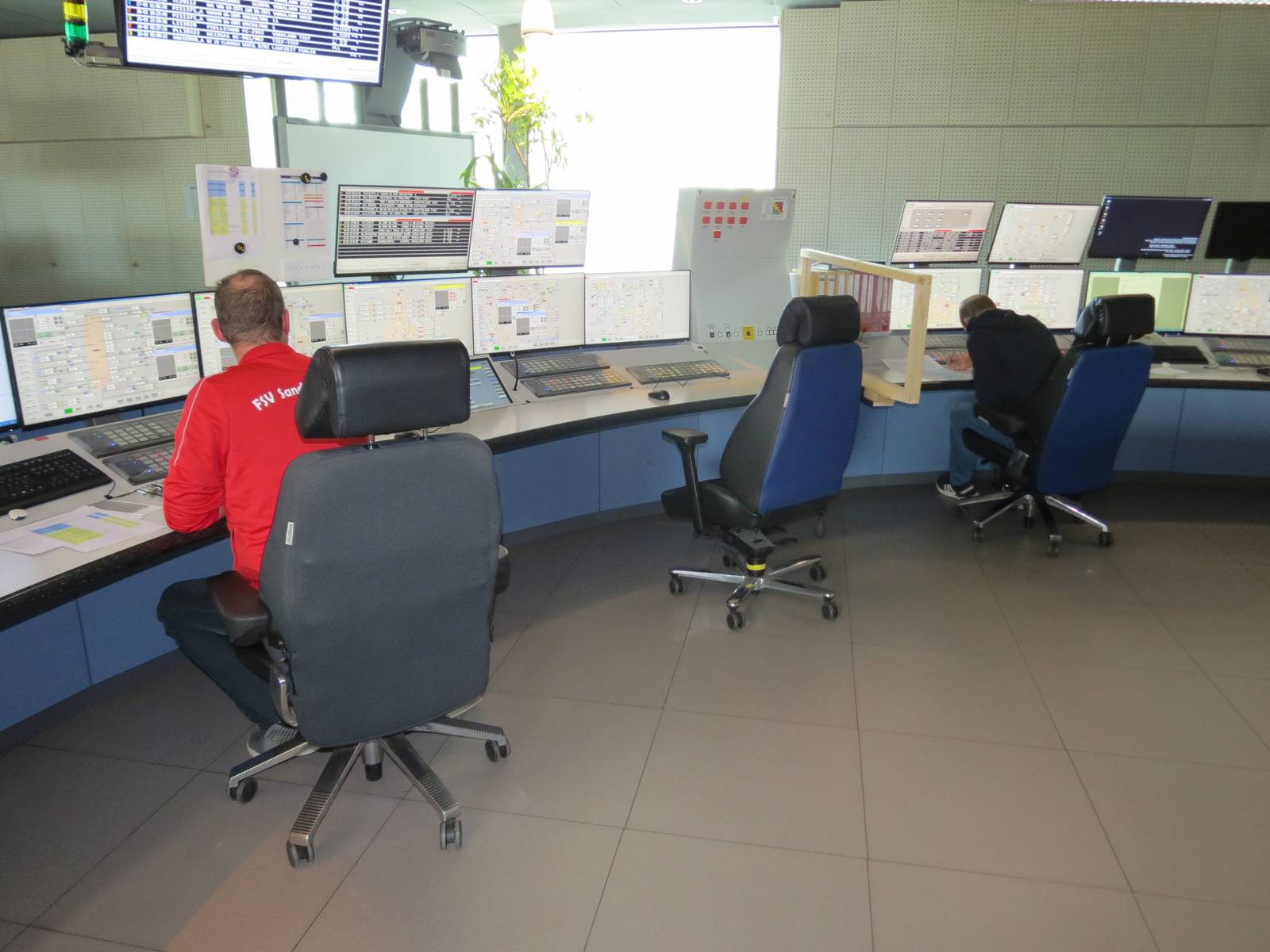The Svenstol® – in use 24/7 at Bayernoil
In Germany there are currently 13 refineries producing 101 million tonnes of mineral oil each year, making Germany the EU’s biggest refinery site. One of these 13 is the Bayernoil refinery near the Bavarian city of Ingolstadt, currently one of Europe’s most modern and largest refineries and occupying two sites, one of 300 hectares in Neustadt and one of 127 hectares in Vohburg. The operatives in the control rooms – where they watch over the safe running of the refinery's systems – have been sitting on 24-hour chairs from StolComfort for 10 years now.
From currently around 10.3 million tonnes of crude oil each year the staff at Bayernoil produce high quality products such as liquid gases, fuels, petrol, diesel, heating oil and bitumen, covering around two-thirds of Bavaria's demand for mineral oil products. The process starts with crude oil being delivered over the Transalpine Pipeline from Trieste in Italy. Once it has arrived at the refinery the oil is distilled. During distillation the crude oil is heated and broken down into its various constituent parts. Distillation is the starting point for all further process steps, so if there is a hitch here, the other systems will not run smoothly either. It is in the central control room where all threads come together, with the staff monitoring all process plants, the pipeline and the tank farm and ensuring smooth, trouble-free operations.
The oil's constituent parts are further processed and refined in subsequent steps. A process known as ‘cracking’ is used to transform its heavy constituent parts into light substances such as petrol and kerosene. Today this technology has advanced to the point where none of crude oil's substances go unused. Even the superfluous gases that were once just burned off are now re-used to heat the crude oil. That's why the flares which could be seen from mi les around as the hallmark of the Bayernoil refinery are now a thing of the past. The atmosphere is no longer polluted with waste gases, and resources and the climate are now protected.
We are delighted that our 24h chairs can contribute to everything at Bayernoil running like a ‘well-oiled’ machine. This is a contribution that Svenstol® chairs make not just at Bayernoil but in many other refineries in Germany as well.






